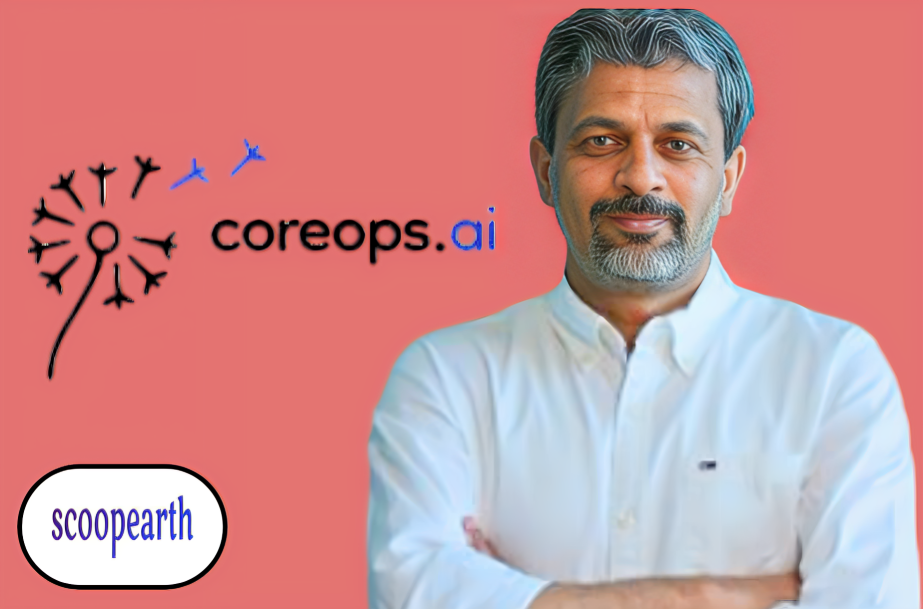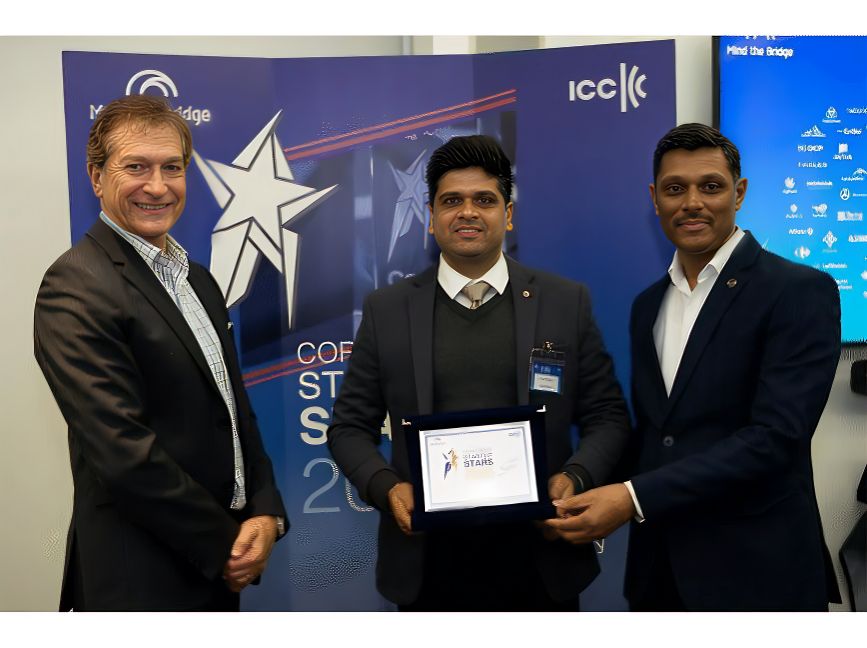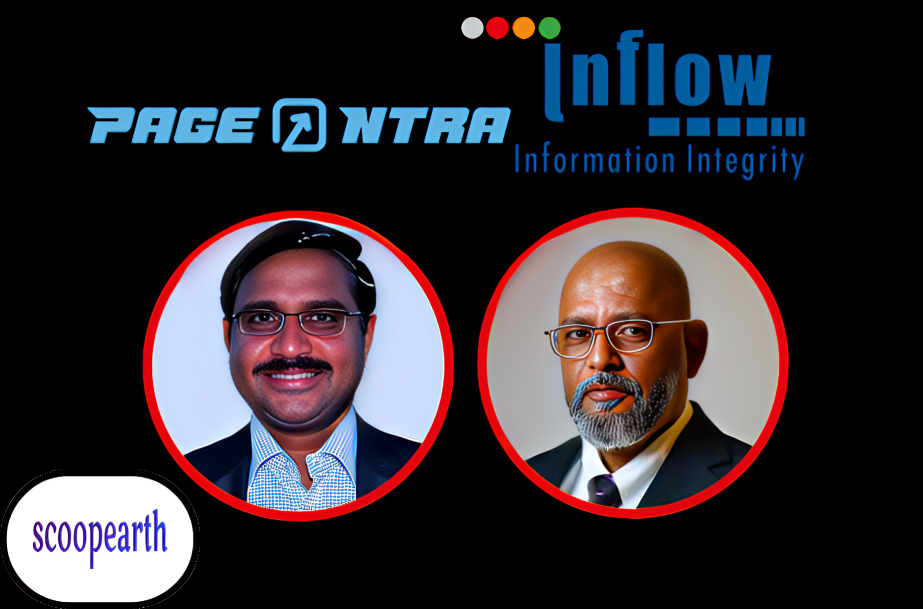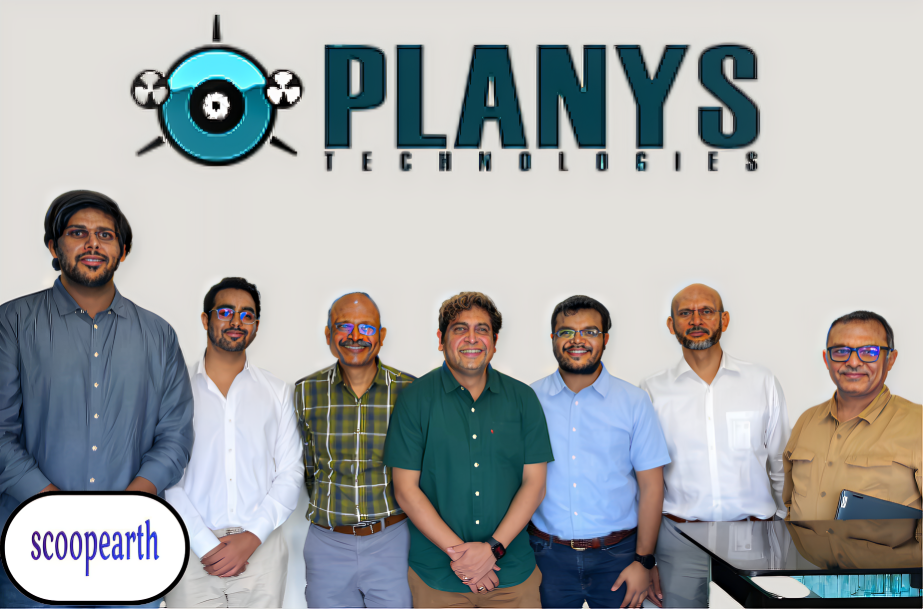OpenAI is developing a dedicated AI-powered hiring platform to simplify job searches

SUMMARY
OpenAI is building a specialized AI-based hiring platform that will help make job search and talent matching more straightforward. The initiative is called the OpenAI Jobs Platform and is expected to be introduced in the mid of 2026 and position the organization as a first-mover in the activities of long-established companies such as LinkedIn. As the rest of the global workforce adapts to the rapid technological transformation, services like the OpenAI Jobs Platform will be instrumental in helping people and companies adapt to the new reality.
Bridge the gap between employers and job seekers
The core of the new platform of OpenAI is to fill the gap between employers and job seekers more efficiently with the help of artificial intelligence. Fidji Simo, the CEO of Applications at OpenAI, stated that the platform will help identify the best matches between what businesses need and what employees can offer through AI.
In contrast to the conventional job portals that depend massively on key word search and manual filtering, the OpenAI system will tap into the power of sophisticated algorithms to make sense of job needs, candidates capabilities, and situational fit. This can save a lot of time and effort in terms of hiring, particularly in small businesses and local governments that in many cases do not have advanced hiring devices.
Certifications and personalized job recommendations
In addition to the hiring platform, OpenAI is launching a new AI certification program, intended to certify AI fluency at multiple levels. The certifications will be based on the existing OpenAI Academy, that provides the company with free materials to assist people in acquiring and implementing AI skills.
Candidates can study certifications directly in ChatGPT in a new “Study Mode”, and employers can incorporate these certifications into their own training and development. The idea is to develop a standardized and scalable method of measuring AI preparedness, which is an increasingly important skill in the current labor market.
The mission of OpenAI is to certify 10 million Americans by 2030, beginning with partners such as Walmart, which is expected to introduce AI education to all its employees. This program is part of a larger effort to enhance digital literacy and to enable workers to operate in an AI-based economy.
The OpenAI Jobs Platform is not a conventional job board; it’s a reinvention of how job seeking ought to be in the era of smart systems. OpenAI will remove inefficiencies and biases that plague conventional recruitment by incorporating AI into each stage of the hiring process, including resume screening through skill validation.
This will provide job seekers with more personalized job recommendations, enhanced insight into skill shortages, and access to focused learning resources. On the part of employers, it provides them with an efficient method of determining who is fit to be hired, lowering the cost of acquiring skills, and developing future-proof teams.
A small business and local government track will also be provided on the platform, allowing them to access the best AI talent without the burdens of big HR departments. Such democratization of access has the potential to become a game-changer in areas and sectors that are underserved.
Expansion and competitive landscape
The hiring platform is the continuation of a more general approach to diversifying OpenAI beyond ChatGPT. The company has been busy experimenting with new products, such as an AI-enabled browser to challenge Google Search, a social media application, and even a brain-computer interface startup to rival Elon Musk and his Neuralink.
The Jobs Platform is in line with the vision of OpenAI to integrate AI in everyday life, not only as a productivity factor, but also as a revolution in industries. OpenAI is making a move that is potentially marking the future of work as it enters the recruitment space.
Although the possibilities of the OpenAI hiring platform are huge, it will have to compete with established companies and newer ones that are incorporating AI into the recruitment process, such as LinkedIn, Indeed, and others.
OpenAI possesses vast knowledge in the domain of natural language processing and machine learning, which might prove to be a huge advantage. Its capability to read between the lines of job descriptions, gauge recruit potential and provide real-time feedback might create a new understanding of what is expected of a hiring site.
Conclusion
The introduction of the hiring space by OpenAI is a turning point in the history of recruitment technology. The company is developing a platform that has the potential to streamline, equalize, and empower job-seeking through AI-assisted matching, skill certification, and personalized learning. OpenAI is not only simplifying job searches; it is transforming the nature of work itself through its ambitious objectives and novel strategy.
Note: We at scoopearth take our ethics very seriously. More information about it can be found here.
















